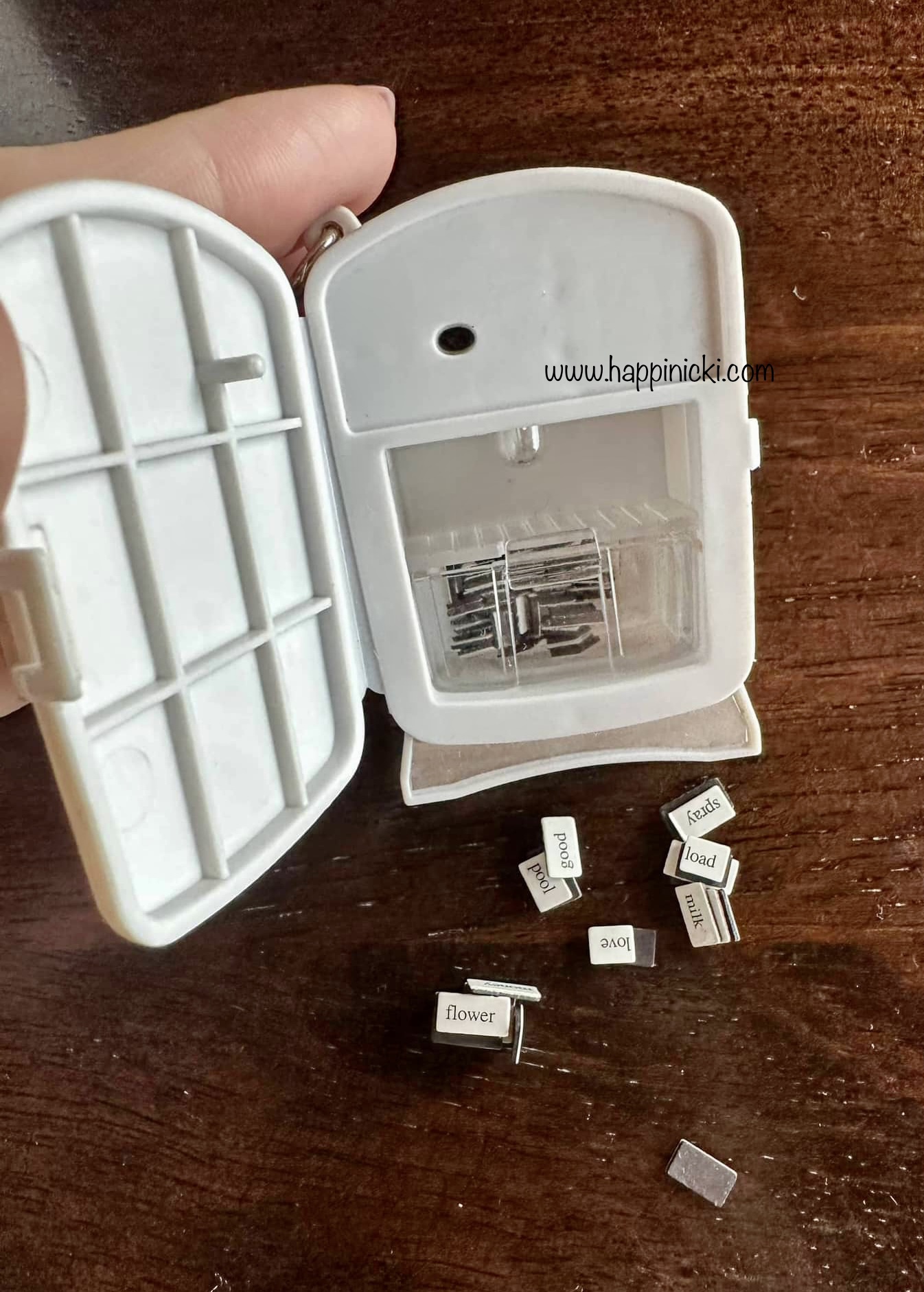Child entitlement – “I want that toy!” “I need that bag right now!” “Buy me the trending shoes now!” Do these statements ring a bell? These are not what parents want to hear; however, are you guilty about giving in to your children’s requests just to please them?
We love our children but we don’t want them to grow up feeling entitled. But what if part of our actions is what makes them grow up feeling they deserve everything that we give them? Let me share with you how to not raise an entitled child and how to stop entitlement.
What does entitlement mean?
According to the dictionary, entitlement is defined as a situation wherein you feel you deserve something. An entitled child feels that she deserves all the best in life. It means she can get whatever she wants without working for it.
An entitled child believes she doesn’t have to be accountable for the consequences of her actions. That no matter what happens, her parents or guardians will be the ones to handle unwanted situations that come along with whatever she does.
How does a child become entitled?
I am not blaming any parent, but more often, adults unconsciously cause children to become entitled. A child becomes entitled when she feels that her parents will do what it takes to please her.
When children think that the adults around them are always there to fix mistakes they made, it makes them less accountable for their actions. And when it happens, they tend to blame others for their shortcomings.
How to not raise an entitled child?
Parenting is one of the hardest jobs because one mistake can lead a child to become an individual with an unpleasant attitude. Here are hacks on how to avoid entitled child syndrome.
Avoid false praises

As parents, we can’t help but give praise whenever we see our children excelling in the things that they do. However, in doing so, we have to be very mindful about giving compliments to our kids.
We can take note of the specific traits or hard work that our kids did instead of constantly saying “good job!”. For instance, we can say that “You must feel good about finishing your project without anyone’s help.” instead of saying “I’m so proud of you!”
By focusing on a trait your child did instead of praising the final output of her work, you are preventing the entitled child syndrome. Children who are praised for their hard work are less likely to be afraid of failure and tend to put more effort to get their job done.
Klook.comGiving responsibilities

Parents who assign house chores or responsibilities to their children prevent them from becoming entitled adults. When children know they need to participate in chores, they know that not everything is given to them without lifting a finger.
Besides becoming more responsible, children who do chores develop higher self-esteem and know how to handle frustrations. The American Academy of Child and Adolescent Psychiatry also noted that assigning chores to children helps to learn delayed gratification.
Don’t cover up their mistakes
In this lifetime, we will commit mistakes that will help us grow more mature to handle more complex tasks. And while parents don’t want their children to feel ashamed of making mistakes, covering up for them might be doing more harm than good.
Parents who own their children’s mistakes make their children know that they will always have their parents’ back whenever necessary. Of course, we want to be there during good and bad times.
But bailing your child out for every mistake she does will not help her mature. If for example, your child forgot to bring her project to school, let her experience the consequences. So, the next time that she has a project, she will become more responsible because she doesn’t want to receive punishment.
Teaching gratefulness

Not everyone is blessed to have a warm shelter, good food, and material possessions as others. By teaching your children about how to be grateful for the blessings they receive, you are preventing them from feeling like the world revolves around them.
Modeling is one of the best ways on how to teach your child. Saying “please” and “thank you” can help teach your child when to be grateful for the things they receive.
You can ask your child to choose toys she doesn’t want to play with anymore and give them to the less fortunate kids. Not only does it teach your child to become a grateful individual, but also, shows care for the people around her.
How to deal with an entitled child?
What to do when your child is entitled? You might think that it’s the end of the world for having a child that only thinks about herself. But in reality, we can always change our kids when we learn more about how to handle specific situations, and in this case, child entitlement.
Worry not! Looking for ways on how to make your child less entitled is the first step to correcting your child’s unwanted behavior. Don’t be afraid that your child will hate you for not giving in to her wants all the time. Here are tips on how to correct an entitled child.
Klook.comSetting boundaries
It might be intimidating to change your current parenting style, however, the earlier you start, the easier it is for you to get used to the new approach. Similarly, your children might be surprised about the changes they will see at home.
So, it would be helpful to talk to them and explain the new sets of boundaries. Tell your children what they should expect to happen so it will be easier for them to adjust to the changes.
Teach about consequences

Sometimes, children do not know the consequences when they misbehave or forget about their responsibilities. Telling your children that they might miss the school bus when they wake up late is one way to remind them to sleep early the night before.
Children need to experience many things for them to learn. And one way is to let them suffer the consequences when they fail to abide by our rules. Don’t worry, as a parent, I also do not want my child to suffer, but I believe that by letting him feel the consequences of his action I am helping him to become a better person.
Be firm when you mean “no”

When you see your child’s pleading eyes when you say no, what do you feel? I get you. We get tempted to give in to their wants but we have to stay firm when we mean business. So, the best way to stop your child from being entitled is by standing your ground when you mean no.
The first is always the hardest, and if we get past that stage, it will be easier for us to do it again next time. If we are not consistent with our rules, our children will get confused, thereby causing our children to become spoiled. So, we have to remind ourselves to stick to the rules to ensure our children can become who we want them to be.
The takeaway
Child entitlement is not something we want to give to our kids. What every parent wants is for their children to become an adult that does their job well and not be afraid to fall. I hope this post has helped to enlighten you about how to stop entitlement from developing in your child.
If you have any comments about parenting, don’t be afraid to share them with me in the comment box below. I’d love to hear your thoughts!














One thought on “Child Entitlement: Everything You Need to Know”